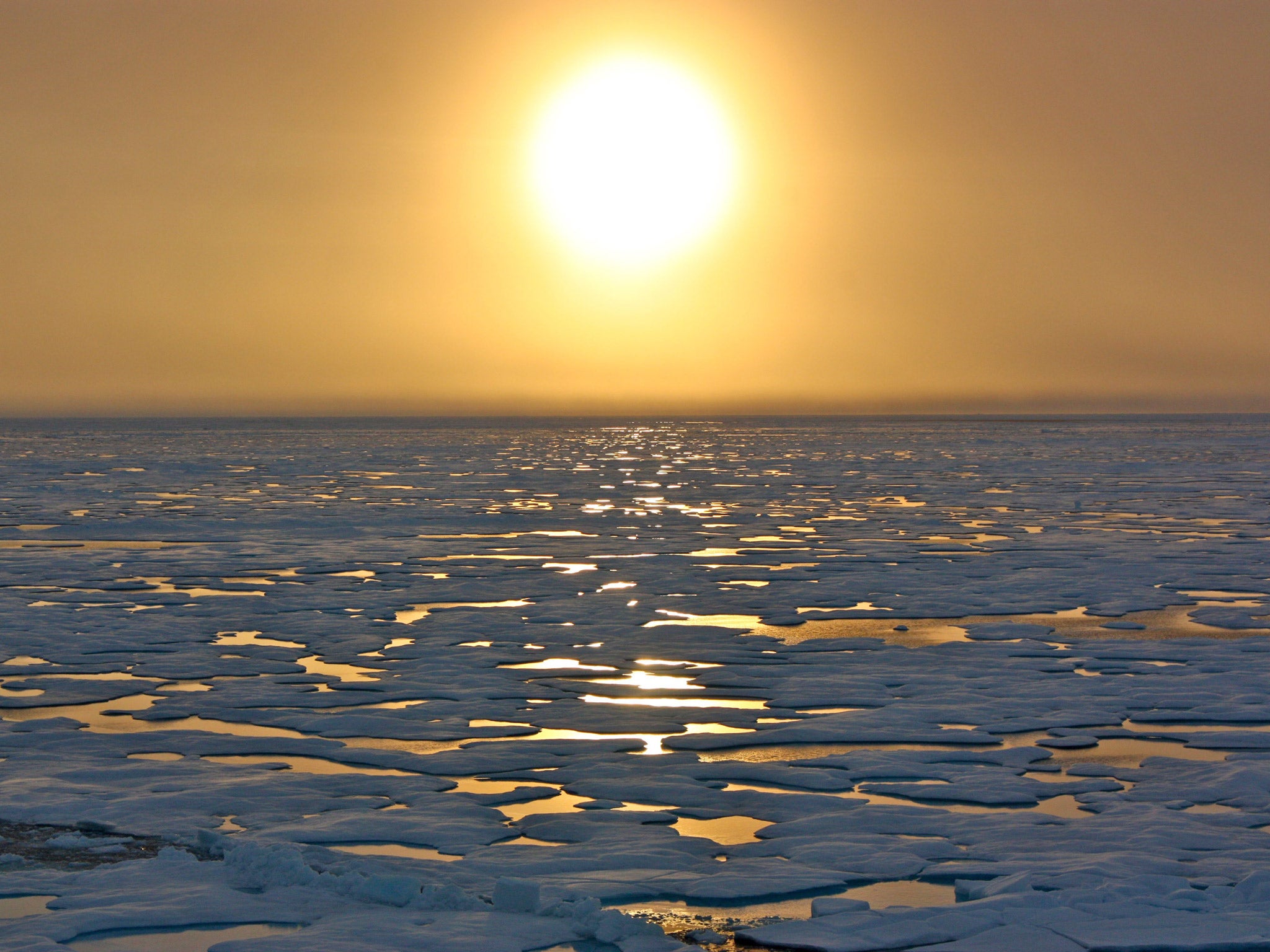Unprecedented extremes and warmest decade since modern measurements: grim report from World Meteorological Organisation
Both the northern and southern hemispheres experienced the warmest temperatures for both land and sea

The past 10 years were the warmest since the start of modern measurements 160 years ago and it was also a decade of unprecedented extremes in the climate according to a report by the World Meteorological Organisation (WMO).
Heatwaves in Europe and Russia, hurricane Katrina in the United States, tropical cyclones in South East Asia, droughts in the Amazon, Australia and East Africa and floods in Pakistan were all features of the last decade indicating a shift in the climate, the WMO said.
Both the northern and southern hemispheres experienced the warmest temperatures for both land and sea, puncturing the myth that global warming has ended. At the same time, there was a rapid melting of Arctic sea ice and an acceleration in the loss of ice from the massive ice sheets of Greenland and the Antarctic.
As a result of this widespread melting and the thermal expansion of sea water, global mean sea levels rose about 3 millimetres (mm) per year, about double the observed 20th century trend of 1.6 mm per year. Global sea level averaged over the decade was about 20 cm higher than that of 1880, said the report.
"A decade is the minimum possible timeframe for meaningful assessments of climate change," said Michel Jarraud, the WMO's secretary general.
"WMO's report shows that global warming was significant from 1971 to 2010 and that the decadal rate of increase between 1991-2000 and 2001-2010 was unprecedented. Rising concentrations of heat-trapping greenhouse gases are changing our climate, with far reaching implications for our environment and our oceans, which are absorbing both carbon dioxide and heat," Mr Jarraud said.
The WMO report said atmospheric concentrations of greenhouse gases continued to rise. Global-average concentrations of carbon dioxide in the atmosphere rose to 389 parts per million in 2010, an increase of 39 per cent since the start of the industrial era in 1750.
Join our commenting forum
Join thought-provoking conversations, follow other Independent readers and see their replies
Comments
Bookmark popover
Removed from bookmarks